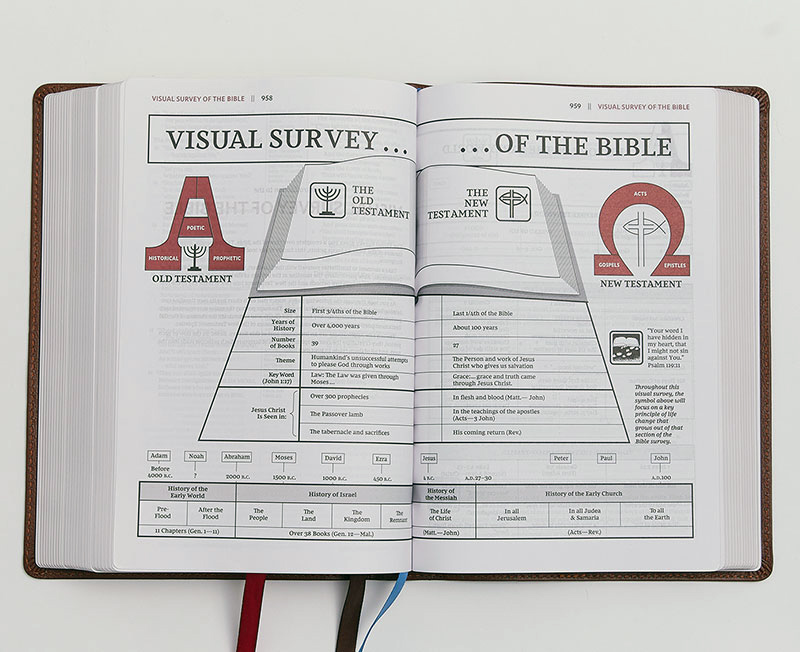The key word of Ecclesiastes is vanity, the futile emptiness of trying to be happy apart from God. The Preacher, traditionally taken to be Solomon, looks at life “under the sun” (Ecclesiastes 1:9) and, from the human perspective, declares it all to be empty.
Power, popularity, prestige, pleasure – nothing can fill the God-shaped void in man’s life but God Himself. But once seen from God’s perspective, life takes on meaning and purpose, causing Solomon to exclaim, “Eat…drink…rejoice…do good…live joyfully…fear God…keep His commandments!”
Skepticism and despair melt away when life is viewed as a daily gift from God.
Who Wrote Ecclesiastes?
There are powerful arguments that the author of Ecclesiastes was Solomon.
External Evidence: Jewish Talmudic tradition attributes the book to Solomon but suggests that Hezekiah’s scribes may have edited the text (see Proverbs 25:1). Solomonic authorship of Ecclesiastes is the standard Christian position, although some scholars, along with the Talmud, believe the work was later edited during the time of Hezekiah or possibly Ezra.
Internal Evidence: The author calls himself “the son of David, king in Jerusalem” in 1:1-12. Solomon was the best qualified Davidic descendent for the quest in this book. He was the wisest man who ever taught in Jerusalem (1 Kings 4:29-30). The descriptions of Qoheleth’s exploration of pleasure (Ecclesiastes 2:1-3), impressive accomplishments (2:4-6), and unparalleled wealth (2:7-10) were fulfilled only by King Solomon.
The proverbs in this book are similar to those in the Book of Proverbs. According to Ecclesiastes 12:9, Qoheleth collected and arranged many proverbs, perhaps referring to the two Solomonic collections in Proverbs. The unity of authorship of Ecclesiastes is supported by the seven references to Qoheleth.
Jesus in Ecclesiastes
Ecclesiastes convincingly portrays the emptiness and perplexity of life without a relationship with the Lord. Each person has eternity in his heart, and only Christ can provide ultimate satisfaction, joy, and wisdom. Man’s highest good is found in the “one Shepherd” (Ecclesiastes 12:11) who offers abundant life (John 10:9-10).
Keys of Ecclesiastes
Key Word: Vanity
The word vanity appears thirty-seven times to express the many things that cannot be understood about life. All earthly goals and ambitions when pursued as ends in themselves lead to dissatisfaction and frustration.
But Ecclesiastes does not give an answer of atheism or skepticism; God is referred to throughout. In fact, it claims that the search for man’s summum bonum must end in God. Satisfaction in life can be found only by looking beyond this world.
Key Verse: Ecclesiastes 2:24 and 12:13-14
“Nothing is better for a man than that he should eat and drink, and that his soul should enjoy good in his labor. This also, I saw, was from the hand of God.”
Ecclesiastes 2:24, NKJV
“Let us hear the conclusion of the whole matter:
Fear God and keep His commandments,
For this is man’s all.
For God will bring every work into judgment,
Including every secret thing,
Whether good or evil.”
Ecclesiastes 12:13-14, NKJV






